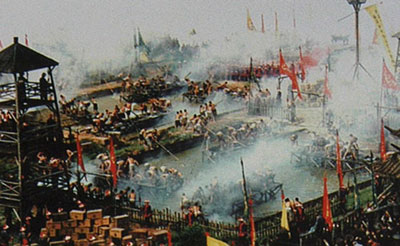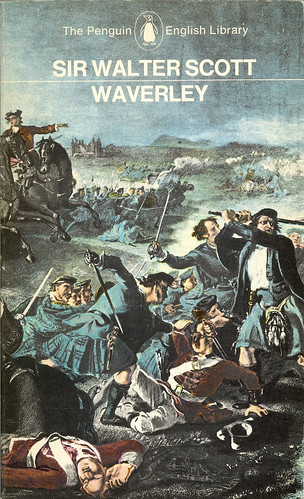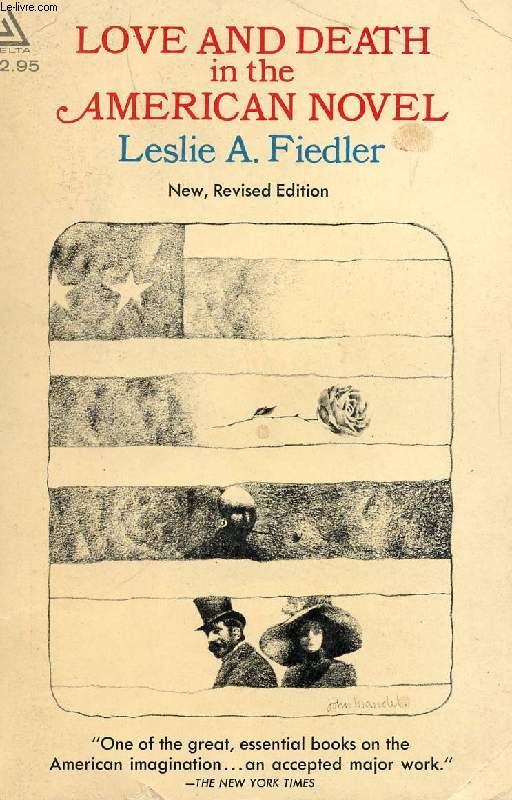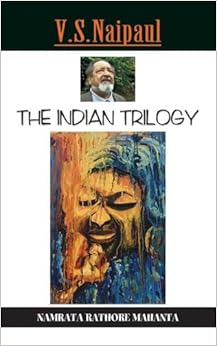I have so enjoyed and admired the first two volumes, Sea of Poppies (2008 and River of Smoke (2011). This trilogy is what the finest of historical fiction writers, who also respect the history of their subject can accomplish. This subject is something that neither fiction writers or military historians who write in English have much treated: this vast canvas of India, China, the British Empire and the circumstances of the first Opium War.
 |
| November 1839: British ships blow up four Chinese junks, initiating the first Opium War. |
Ghosh, who was about to turn 50 when he embarked on the [Ibis] trilogy, says he found it daunting: “For the next 10 years, this was what I was going to do. But I also knew that I had to set myself something really difficult and ambitious. And that has proved to be the case. I was determined that the individual books should stand alone – it’s indefensible, aesthetically, for it be just one huge book chopped into three. One of my favourite experiences was reading Lawrence Durrell’s Alexandria Quartet in Alexandria. I love his writing and it is strange how he is kind of forgotten now. He had an incredible range and the books capture all aspects of a cosmopolitan life in the eastern Mediterranean. They do articulate with each other so that you get glimpses of characters across books, but they are not all meshed together. If I had a model, that was it.”Ghosh gives large credit to Walter Scott, too, as an influence on writing his own historical fiction:
Ghosh was born in Calcutta in 1956 and was brought up in India, Bangladesh and Sri Lanka as his family moved around with his ex-soldier father on various secondments to the Indian government. The peripatetic life meant that books became particularly important to him – one early childhood favourite was Richmal Crompton’s Just William series before he moved on to the novels of Sir Walter Scott, for many the inventor of the historical novel as we know it today. “Scott had a huge influence on many early 19th-century Indian writers and I found his books utterly absorbing and remember curling up in bed with them at boarding school”. He was at the prestigious Doon School where Vikram Seth, a pupil a couple of years ahead of him, came back to teach and they talked a lot about writing to each other. “Not long ago I went back there and looked at those same editions of Scott in the library. I was the last person to have checked them out.”
Ghosh is aware of discipline, as he has a Ph.D. from Oxford in Social Anthropology, a subject that demands travel and writing skills. He's changed off writing fiction (for which he's been nominated for, and won, many awards including the Arthur C. Clarke Award for The Calcutta Chromosome (1997) with non-fiction on occasion:
. . . . In an Antique Land (1992) was a broadly non-fiction study emerging from his studies that investigated the relationship between Egypt and India, alternating his experiences of living in villages and towns in the Nile Delta with an imagined history of an 11th‑century Jewish trader and his slaves. Different again, The Calcutta Chromosome won the 1997 Arthur C Clarke award, but Ghosh says he never thought of the book “as being science fiction. It is in many ways a historical novel that is projected into the future as well as the past. And what does such labelling achieve anyway? It just separates what is called the literary mainstream from this other kind of writing. Who are among the most memorable writers from the mid to late 20th century? John Wyndham, Arthur C Clarke, Ursula Le Guin, Doris Lessing. And from the supposed mainstream who reads Angus Wilson today? To the literary establishment Lessing’s later books, about planets and so on, were a kind of embarrassment. But she very strenuously resisted that sort of partitioning and these writers have staying power because they were saying things about society that was in many ways more perceptive than what the literary mainstream was saying.”It does seem odd that Ghosh gives Naipaul so much credit for the surge of India's literary scene, since Naipaul didn't respect India and Indians, of which he wrote
dismissively and pessimistically in his Indian Trilogy: An Area of Darkness (1964), India: A Wounded Civilization (1975) and A Million Mutinies Now (1990). India and Indians were not pleased with him in those days. Nor is Naipaul an Indian, but a Trinidadian. But this seems to have passed from the UK's and India's literary memory.
Now it's with Ghosh -- and Vikram Seth -- that British Indians and India literary writers are liking to be displeased, calling them middle brow hacks who peddle pablum to the white middle class. Nevermind that this so-called white middle-class has shrunk to pathetic size and doesn't much like reading anything anyway, at least books that feature adults facing adult problems which are not solved by a (white) chosen one or a super hero.
However, this reader enjoys and admires both Ghosh and Seth's books, as well as Scott and Cooper, and Durrell's Alexandria Quartet too. I even admire and enjoy Twain.








No comments:
Post a Comment